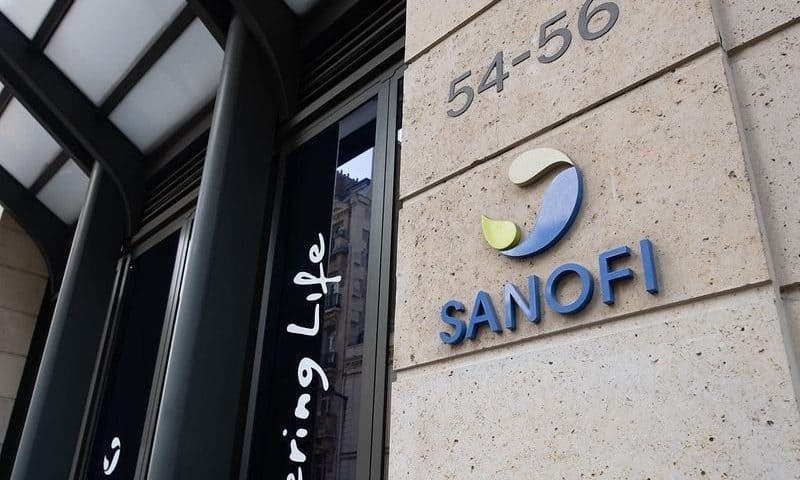Sanofi, in its third-quarter financials posted early Thursday morning, outlined a list of delays for a number of key assets as it dropped a biotech-partnered drug.
First up, those delays: We already knew its hemophilia hopeful fitusiran had problems after Sanofi started a new lower dose cohort in its phase 3 amid safety concerns, but now we know filing for the RNAi drug is not expected until 2024, after originally being penned in for next year.
Filings have also been pushed back a year for the CEACAM5-targeted antibody-drug conjugate tusamitamab in lung cancer, which will now be into 2023, with venglustat in Gaucher disease type 3 and rilzabrutinib in the rare blood disorder immune thrombocytopenia (ITP), also both pushed into 2024.
Both these latter drugs have history: The glycosphingolipid inhibitor venglustat flopped a late-stage test in autosomal dominant polycystic kidney disease this summer, forcing the French Big Pharma to halt work on this indication, and came after a similar failure in Parkinson’s, dramatically reducing the so-called “pipeline-in-a-pill” down to Fabry disease and GM2 gangliosidosis as well as the now delayed Gaucher type 3.
BTK inhibitor rilzabrutinib, another “pipeline-in-a-pill” that came out of its $3.7 billion buyout of Principia Biopharma has also seen setbacks, falling at the first hurdle earlier this year when it missed its primary endpoint in a phase 2 for rare autoimmune skin disease pemphigus. That ITP target is still in the works but is now also notching a delayed filing date.
One of its biggest prospects, the oral selective estrogen receptor degrader (SERD) cancer hopeful amcenestrant, has also seen yet another readout pushback: At one point, the so-called AMEERA-3 trial in second-third line breast cancer was due to read out in the last quarter but is now not expected until the first quarter of 2022.
That’s a blow for Sanofi, as one if its smaller SERD rivals, Menarini/Radius, just last week posted some positive phase 3 data from elacestrant suggesting it could boost progression-free survival, and is now plotting a path to the FDA.
And finally, Sanofi quietly announced (PDF) it was sweeping out work on its Sangamo-partnered therapy ST400, which had been in a phase 1 for the severe blood disorder transfusion-dependent beta thalassemia.
The pair are continuing work on SAR445136, formerly known as BIVV003, for sickle cell disease, but Sanofi said in its financials that: “The parties agreed to terminate the program addressing transfusion-dependent β-thalassemia (ST400) while focusing resources on the sickle cell disease indication.”

